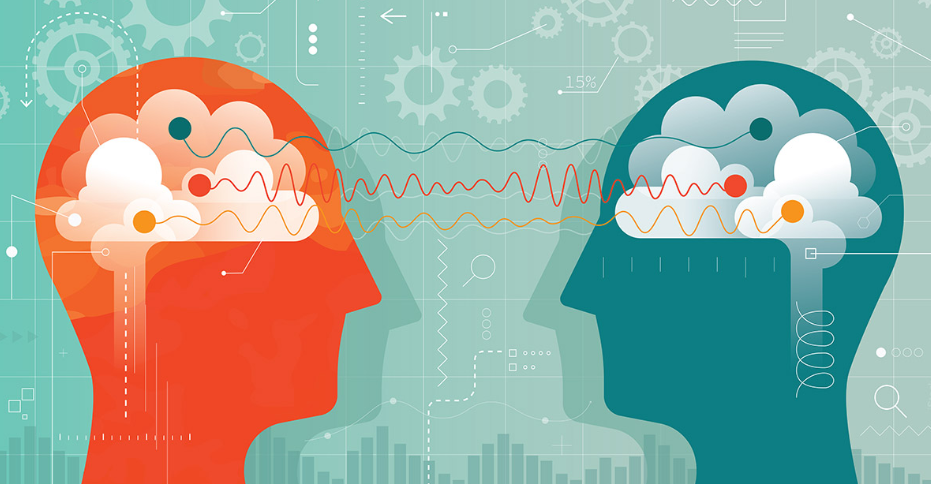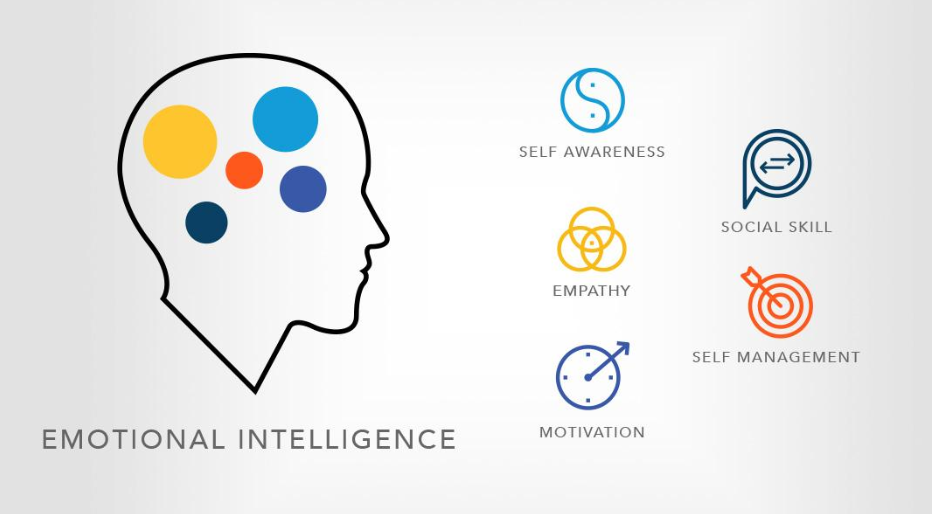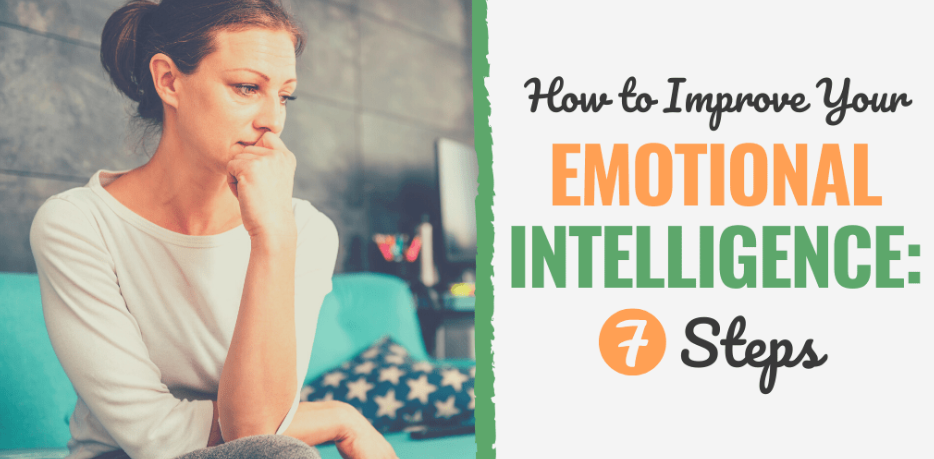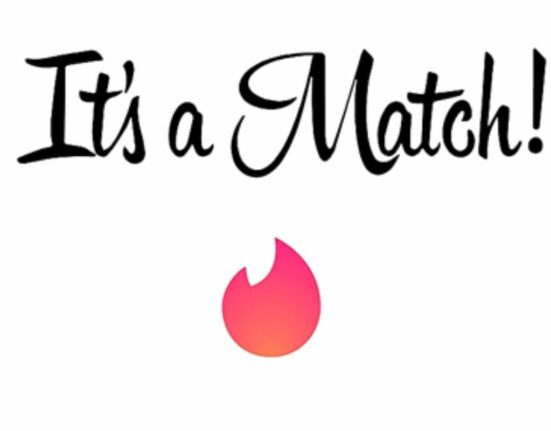Introduction
There’s a tendency I’ve seen with people who are struggling with their mental health. They get introspective, which is great, but to a level that becomes troubling. A healthy, balanced mind might attempt to look at the strengths and weaknesses of any situation and find a way to work through it, but some people with depression seem to fall into an endless chasm of despair with no way out. In our metaphor, let’s send a therapist into the chasm, too, and arm them with a torch and ropes, to pull our mentally ill person out and help them see from the top the parameters of the chasm and some useful rocks to prevent them from falling again. Part of this can be building better self-awareness, so they know what is likely to be a trigger.
The regret
I think this feeling comes for all of us, sometimes. It’s the middle of the night, everyone else is asleep, and you lie awake, thinking of a mistake you made years ago. A friend you upset, a lie you told, an embarrassing situation at work or school. We look back and think, how could we have been so stupid? If you are struggling with your mental health, you might start to slide towards the chasm again as you realise that this will, inevitably, happen again. That’s correct, of course, but there are things you can do to prevent and minimise it.

How can self-awareness improve your life?
Let’s start with looking at introspective self-awareness. I like to think that as I get older, I know myself better. I know, for example, that I think tea is disgusting, and that I’m allergic to kiwi fruits. So it follows, logically, that I would develop a better understanding of my mental health. Not all of this comes from work I do alone: therapists and even self-help books can be really useful and allow me (or you) to improve my emotional intelligence. Other things take time, maturity, and distance. Reflecting on your life and your choices can help you to spot patterns and prevent harmful behaviour, regardless of whom that affects.
How can self-awareness improve your interactions with other people?
Now, let’s switch to how self-awareness can impact our relationships with others. Like many people, I suffered emotionally during the pandemic. Pretty understandable, given the whole situation. If there was ever a time to vanish into the chasm, that would have been it. Never (in my lifetime) has anxiety felt more justified. It meant that I felt on edge more frequently and was more prone to panic attacks. If you’ve had one, you’ll know how bad they are, and if you’ve avoided them, I’m very happy for you. The panic attacks were awful for me and those close by. One of the symptoms of a panic attack is rage, probably linked to some kind of “fight or flight” instinct. By working through the issues with therapists, you can understand triggers and things to avoid to prevent panic attacks, which is great for you and for those around you. If you want a relationship tip, I’d always recommend checking in on your mental health, improving your emotional intelligence and trying to be more perceptive to the needs and feelings of others.

Useful advice
Anyway, I promised tips on how to build better self-awareness and improve your emotional intelligence. The first is to slow down. When I’m feeling anxious, it seems as if things are going very, very quickly. This means that I spend all of my time trying to adjust to my surroundings and struggle to see how I’m perceived and how others are doing. So if you’re alone, try meditating or doing breathing exercises to recenter yourself. If you’re not alone, check to see if it’s ok to be quiet and take a moment to get your bearings. One of the best “hacks” for this is to take a drink of water.
Tip two
The second tip is to reflect on your life. Yes, as I mentioned, therapy can be helpful, but sometimes you can just stop and think about the things you like or dislike about yourself. Avoid the chasm by not just focusing on the negatives, and then strategize ways to improve the bad and emphasise the good.
Tip three
The final tip is to make sure that you’re not alone, literally. Sometimes, we build social situations up in our heads and struggle when we actually get there. Spending time around others and paying attention to them, their words and body language is a good way to show your friends you value them and improve your own emotional intelligence.
Conclusion
Mental health can be tricky. It doesn’t take a doctor to see that. It can be lonely, alienating and confusing, and turn you introspective. Getting help isn’t always easy, but it really does benefit you and those around you, as you find ways to be more perceptive and develop self-awareness in a way that will benefit you and those around you. Because, in the middle of the night, wouldn’t we rather be asleep than worry about embarrassing ourselves at work?














Leave feedback about this